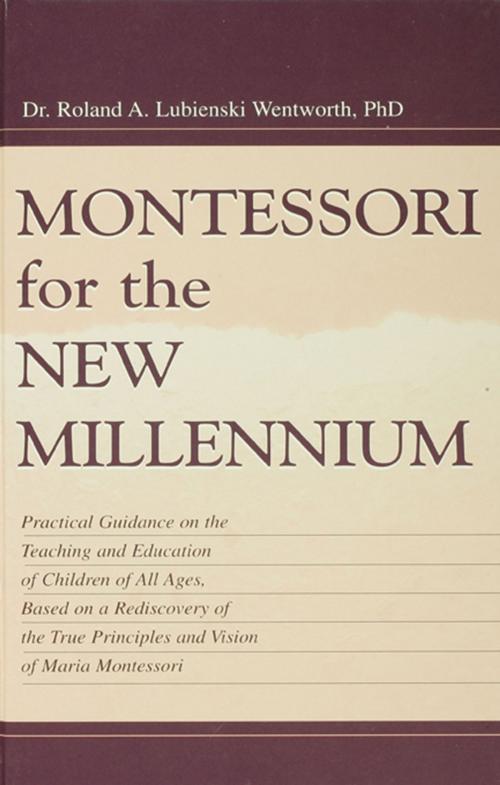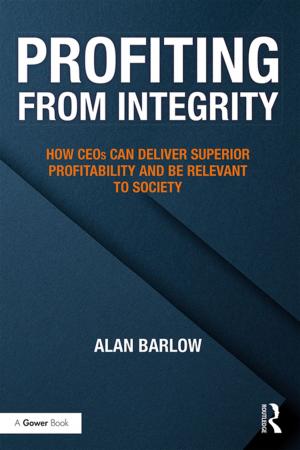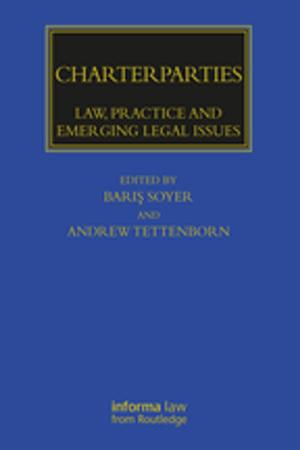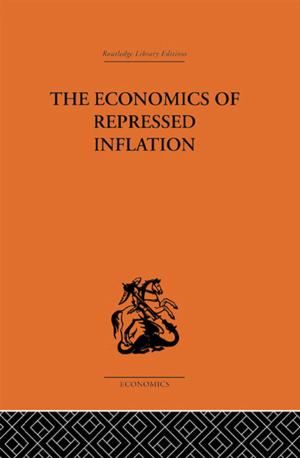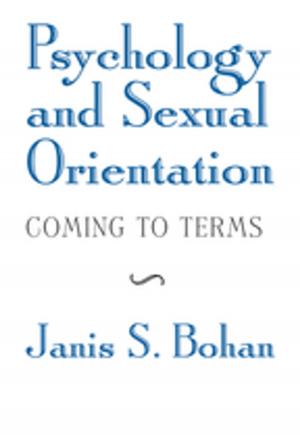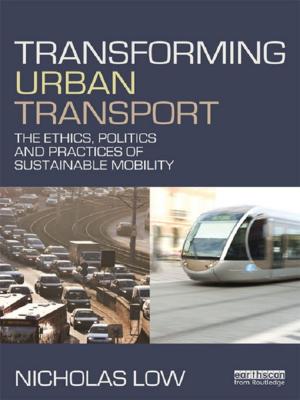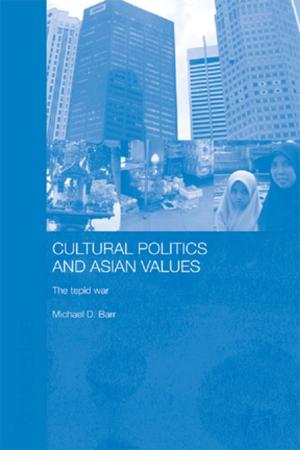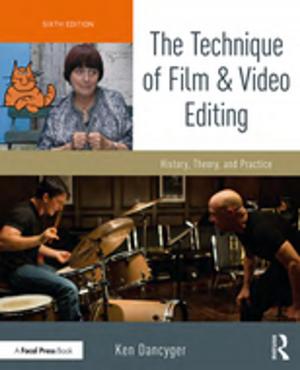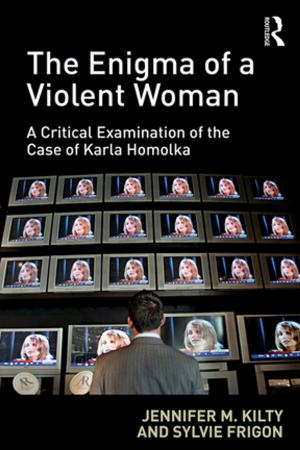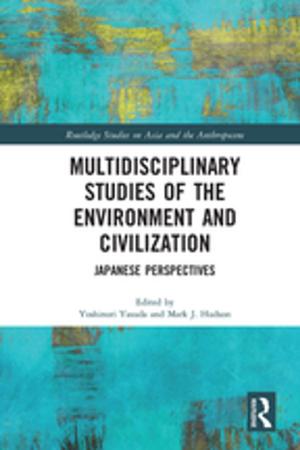Montessori for the New Millennium
Practical Guidance on the Teaching and Education of Children of All Ages, Based on A Rediscovery of the True Principles and Vision of Maria Montessori
Nonfiction, Reference & Language, Education & Teaching, Teaching, Teaching Methods| Author: | Roland A. Lubie Wentworth, Felix Wentworth | ISBN: | 9781135672850 |
| Publisher: | Taylor and Francis | Publication: | September 5, 2013 |
| Imprint: | Routledge | Language: | English |
| Author: | Roland A. Lubie Wentworth, Felix Wentworth |
| ISBN: | 9781135672850 |
| Publisher: | Taylor and Francis |
| Publication: | September 5, 2013 |
| Imprint: | Routledge |
| Language: | English |
Although Montessori's name is almost universally known in education circles today, and there are countless nursery schools throughout the world using the "Montessori Method," the real core of her thinking has remained largely misunderstood. Most people regard the method as a system for the education of very young children. And most who have some direct experience of it, either as parent or teacher, would regard it as involving a certain set of procedures and specialized educational materials with clear and elaborate instructions for their use. However, the essence of Montessori's philosophy of education is in reality far broader than this, and contains a powerful message for educators everywhere. What is less well-known about Montessori's work is that she began by establishing the effectiveness of her approach at the pre-elementary level, but also strongly encouraged the extension of her method to the higher levels of education.
Wentworth's purpose in writing this book is to elucidate this vital aspect of Maria Montessori's life's work and to show how it applies to real-life teaching situations. She believed that by transforming the process of children's education she could help to transform the attitudes of the adults they will later become, and so those of society and the world at large--a message she promoted as vitally relevant to the future of humankind as a whole.
Although Montessori's name is almost universally known in education circles today, and there are countless nursery schools throughout the world using the "Montessori Method," the real core of her thinking has remained largely misunderstood. Most people regard the method as a system for the education of very young children. And most who have some direct experience of it, either as parent or teacher, would regard it as involving a certain set of procedures and specialized educational materials with clear and elaborate instructions for their use. However, the essence of Montessori's philosophy of education is in reality far broader than this, and contains a powerful message for educators everywhere. What is less well-known about Montessori's work is that she began by establishing the effectiveness of her approach at the pre-elementary level, but also strongly encouraged the extension of her method to the higher levels of education.
Wentworth's purpose in writing this book is to elucidate this vital aspect of Maria Montessori's life's work and to show how it applies to real-life teaching situations. She believed that by transforming the process of children's education she could help to transform the attitudes of the adults they will later become, and so those of society and the world at large--a message she promoted as vitally relevant to the future of humankind as a whole.
